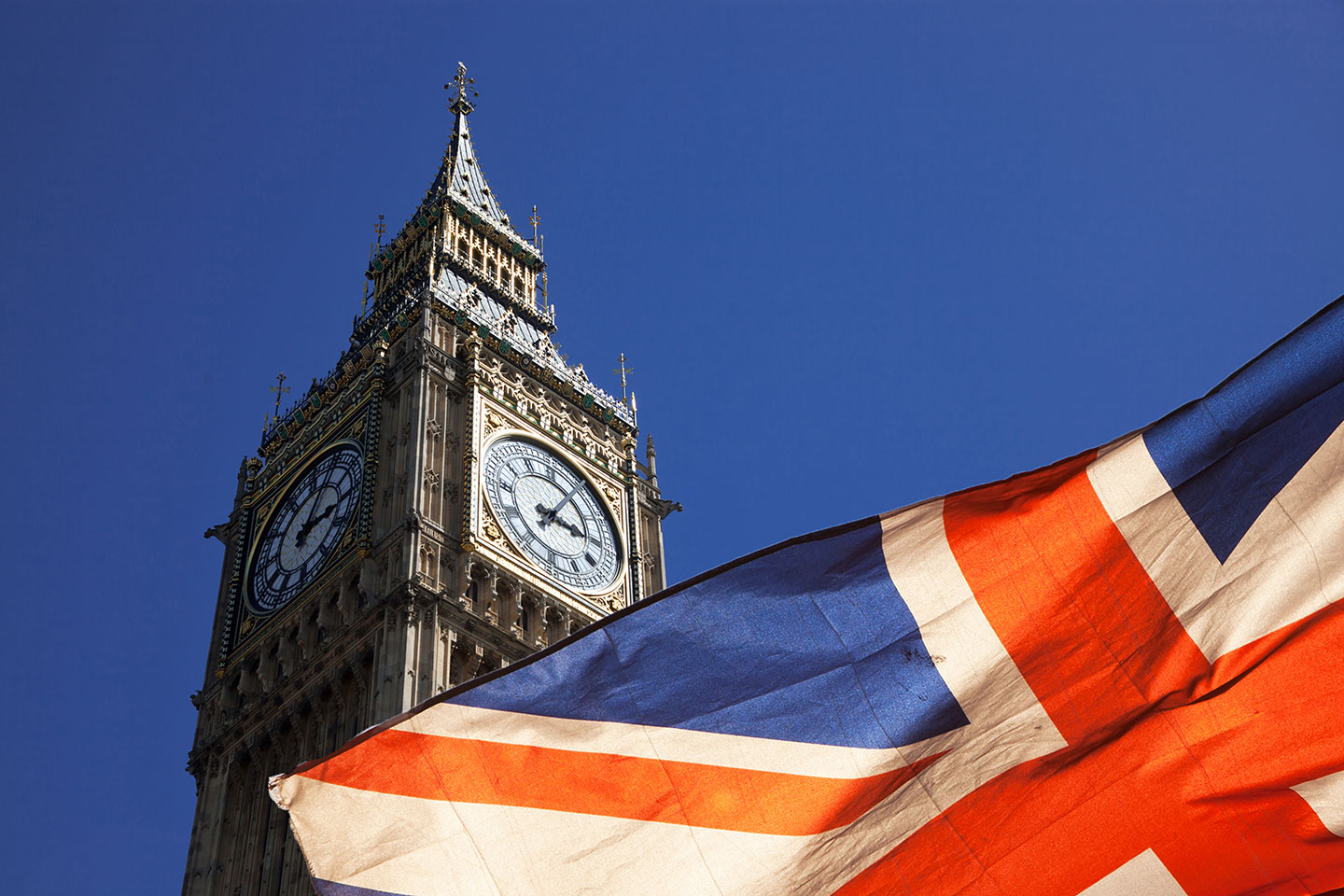“A story has no beginning or end: Arbitrarily, one chooses that moment of experience from which to look back or from which to look ahead.”
Mirroring this line from English novelist Graham Greene, the United Kingdom finally seems to have reached a point in time that they can use to start afresh all over again.
With his landslide victory in December’s election, Boris Johnson is now the undisputed leader of the UK. His conservative party won 365 seats, which is the biggest majority at Westminster since Margaret Thatcher’s victory in 1987.
The most important result that emerges from these historical elections is the fact that the deadlock on Brexit can finally be removed.
With the mandate given to him, Boris Johnson will now be able to get his negotiated deal with the European Union through parliament and meet the deadline of Jan 31, 2020. The end to the Brexit saga is near and he can finally “get Brexit done”.
Future relationship
But, is this really the case? Yes, it is, because the UK will be able to leave the EU at the end of January. No, it is not, because much more Brexit is to come our way.
After January 2020, trade talks will have to start. The UK will have to decide what kind of political and economic relationship they want to have with the EU.
For obvious reasons, the UK wants to have the best access possible to the EU market. So, can we expect anything less than that the UK this time will negotiate in a well-prepared and serious manner?
Unfortunately, we cannot be sure about that. It is no secret the EU is willing to spend considerable time and effort in these trade talks and hence has suggested a deadline by end of December 2022.
Johnson, however, has a different opinion and wants a deal to be agreed and ratified by December 2020. After that, he wants to move on.
Knowing that no country in history has ever achieved a trade deal in such short period of time, it stands to reason we can already expect some significant fireworks here. In fact, if Johnson wants to stick to his December deadline, the Brexit deal runs the greater risk of becoming a no-deal Brexit.
Can Johnson afford such a potentially damaging battle with the EU? Yes, he could, if the UK, united and well, stands behind their leader. Because if one decides to confront the EU directly, it is best there are no problems to be faced at home.
But, the election results indicate that the UK is far from the total unity needed to weather this coming storm.
‘One-nation’ leader
Right after the results were known, Johnson clearly stated he wants to be a “one-nation” conservative leader. But the election numbers do not suggest this was indeed the case.
First, the first-past-the-post election system in the UK is one of winner takes all. In an electoral district, the seat in the parliament is won by the candidate who wins the most votes.
In that respect, the Conservative party did extremely well. They won 57 seats they did not win in the 2017 elections when Theresa May led the Conservative party.
But, looking at the total number of votes across the country, at a swing of just 1.2 per cent more than the popular vote in 2017, the Conservative party hardly moved the needle.
The reality is that the seats that the Conservative party won in what is usually called “Labour country” (Wales, Mid-and Northern England) were obtained by a very small margin.
This observation underscores the idea that Johnson won mainly because Labour party leader Jeremy Corbyn failed to take a consistent position towards Brexit and made too many lofty promises.
It is more likely that the unpopularity of Corbyn, combined with a desire of wanting to get Brexit done, made usually Labour voters swing towards the Conservative party.
It worked out well for Johnson, but it signals problems ahead and by no means the end of the Brexit saga.
Former Labour voters will no doubt expect that Johnson will invest heavily in social-economic reforms. The people want better medical care, and more investments in infrastructure, education and safety.
Fragile alliance
Can Johnson meet those expectations and how will he fund those investments? No one knows and with the trade negotiations with the EU expected to be rather explosive, no guarantees can be given that the financial resources will be available.
So, how united is the UK really at this moment, if we know that the alliance between Johnson and the North of England is also increasingly fragile?
If we look North in the UK, this alliance looks weaker. Indeed, an equally powerful election result was achieved in Scotland by the Scottish National Party (SNP), which obtained 48 seats out of 59.
After this result was known, SNP leader Nicola Sturgeon quickly announced that Scotland would organise a new referendum to decide on Scotland’s independence.
Surveys show that since 2016, when the UK voted “leave”, the majority of the Scottish people have moved into the direction of wanting independence from England. They do not want to leave the EU and they do not like Johnson.
Yes, we got Brexit done, but not really.
Using the words of Graham Greene; a story has no beginning or end. And, Brexit seems to fit that description.
Indeed, even long before the 2016 referendum, the idea of Brexit was lingering in the mind of the UK, so where its real beginning lies, no one really knows.
Just like no one knows where the ending for Brexit lies.




